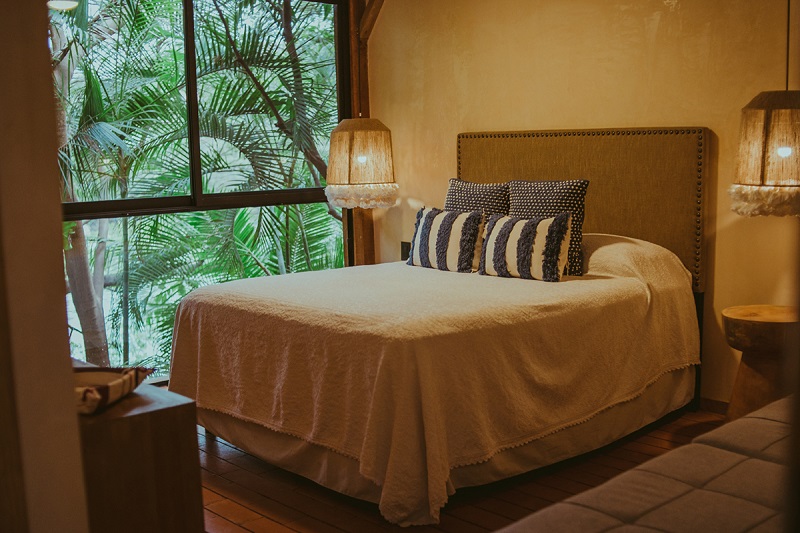EarthTalk®
From the Editors of E – The Environmental Magazine

The goal of slow design is counteracting the fast-paced disposable nature of our culture by prioritizing thoughtful, intentional design. Credit: Pexels.com
Dear EarthTalk: I recently heard the term “slow design.” Can you enlighten? – J.M., New York, NY
Slow design is a design philosophy that emphasizes quality, longevity and sustainability. It seeks to counteract the fast-paced, disposable nature of contemporary culture by prioritizing thoughtful, intentional design over mass-produced, trend-driven products.
It is about creating objects that are functional and beautiful, and that are crafted with care, using materials that are responsibly sourced and manufactured.
At its core, slow design is about taking a more holistic approach to design. It’s about considering the entire life cycle of a product, from the materials used to make it to how it will be used and disposed of at the end of its life.
Look for pieces that are created with sustainably harvested wood certified by the Forest Stewardship Council as well as “Cradle-to-Cradle” certification awarded to products produced in eco-friendly ways and that can be recycled after use. Slow design seeks to create products that are not just aesthetically pleasing, but that are also sustainable, durable and socially responsible.
One of the key principles of slow design is the idea of “localism.” This means designing products that are made in the same community where they will be used, using materials that are sourced locally whenever possible. By doing this, designers can reduce the carbon footprint of their products, support local economies, and create stronger connections between people and the things they own.
Another important principle of slow design is the concept of “timelessness.” Rather than creating products that are trendy or fashionable, slow design focuses on creating products that are classic and enduring. By doing this, designers can help reduce the amount of waste produced by the fashion and design industries, which are notorious for creating products that are quickly discarded and replaced. One example is what’s been dubbed the “brown furniture revival,” that being wood furnishings that were popular in days gone by but that are seeing a resurgence today due to their timeliness and sturdy quality.
Slow design also emphasizes the importance of craftsmanship and traditional skills. By working with skilled artisans and craftspeople, designers can create products that are not only beautiful and well-made, but that also support traditional forms of production and preserve cultural heritage.
Letting your home grow with you is another key to slow design. “There are those who move into a new place, furnish it in a couple weeks, and are happy to be done decorating,” say Apartment Therapy’s Katie Holdefehr. “Then there are those who see their home as an ongoing project without a specific end date.”
“By not rushing through the process, you can build a home that reflects your life, rather than passing trends,” she adds. “Part of embracing a slower pace is being okay with things that are unfinished.”
As such, leave some room and blank wall space for pieces you discover in the future. “If we give ourselves permission to slow down, we may find that home isn’t a static place, but it changes along with us,” concludes Holdefehr.
In short, slow design emphasizes sustainability, durability, and quality over speed and disposability. By creating products that are thoughtfully designed, responsibly sourced, and made to last, slow design seeks to promote a more sustainable and ethical approach to design and consumption.
CONTACTS:
Forest Stewardship Council, us.fsc.org; Cradle-to-Cradle, c2ccertified.org
EarthTalk® is produced by Roddy Scheer & Doug Moss for the 501(c)3 nonprofit EarthTalk.
See more at https://emagazine.com
To donate, visit https://earthtalk.org
Send questions to: question@earthtalk.org
